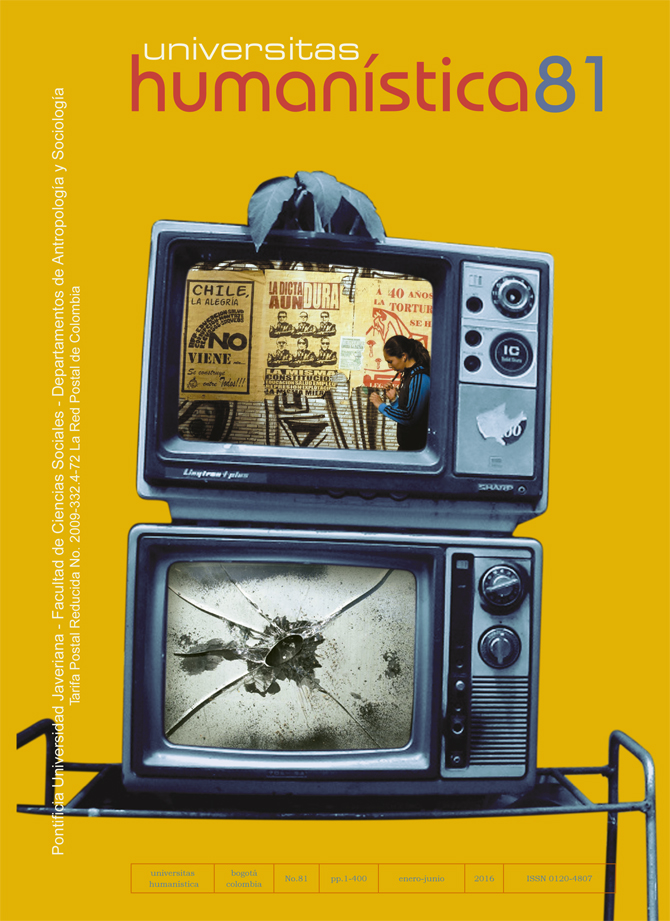Abstract
This paper presents a new theoretical framework for analyzing linguistic power relations and it examines the linguistic effects of what Anibal Quijano has called coloniality of power. The coloniality of language refers to a process of racialization of colonized people as communicating agents (ie, as potential interlocutors) that begins with the conquest of America and nowadays. The research focuses on the dehumanization of the colonized and enslaved populations, and the concomitant contempt of their languages and social ways of making sense, interpreted as expressions of his inferior ‘nature’. The results are an original contribution to the debate on the historical relationship between colonialism, race, ethnicity, and language in America. The argument suggests that there is a connection between the reduction of the colonized and racialized populations to a status of non-humans, as well as a monolingual linguistic ideology that hides colonial oppression dialogically and discursively.
This journal provides immediate open access to its content on the principle that making research freely available to the public, encourages greater global exchange of knowledge.
The journal Universitas Humanística is registered under a Creative Commons Attribution 4.0 International Public License. Thus, this work may be reproduced, distributed, and publicly shared in digital format, as long as the names of the authors and Pontificia Universidad Javeriana are acknowledged. Others are allowed to quote, adapt, transform, auto-archive, republish, and create based on this material, for any purpose (even commercial ones), provided the authorship is duly acknowledged, a link to the original work is provided, and it is specified if changes have been made. Pontificia Universidad Javeriana does not hold the rights of published works and the authors are solely responsible for the contents of their works; they keep the moral, intellectual, privacy, and publicity rights.
Approving the intervention of the work (review, copy-editing, translation, layout) and the following outreach, are granted through an use license and not through an assignment of rights. This means the journal and Pontificia Universidad Javeriana cannot be held responsible for any ethical malpractice by the authors. As a consequence of the protection granted by the use license, the journal is not required to publish recantations or modify information already published, unless the errata stems from the editorial management process. Publishing contents in this journal does not generate royalties for contributors.


